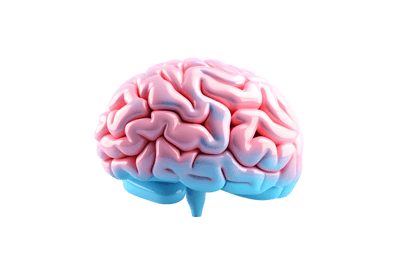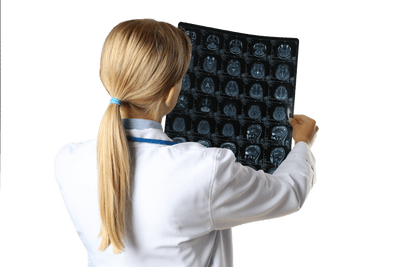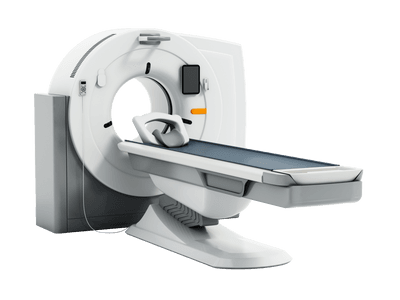
Alzheimer's Disease
Alzheimer’s, the leading cause of Dementia, is a brain disease that destroys the memory and eventually the ability to carry out even the simplest tasks. It is the largest single cause of death, with one in eleven of us destined to develop it, and this prevalence, combined with its high cost of care means that the US and EU now spends a combined $580 billion a year caring for people who suffer from it.

Challenge
New emerging therapies offer hope for Alzheimer's Disease by slowing disease progression. To maximise efficacy, these drugs should ideally be administered early in the disease’s progression, well before symptoms have manifested themselves. Reliable biomarkers enable the full effectiveness of these therapies to be realised.


Diagnosis
Identifying signs of Alzheimer’s Disease at an early-stage (Mild Cognitive Impairment Stage) is notoriously difficult. The gold standard test is post-mortem and state-of-the-art biomarker tests are both expensive and invasive (spinal fluid tap or a PET scan). Hence there is an unmet need for biomarker technologies capable of efficient and non-invasive screening of the larger population.